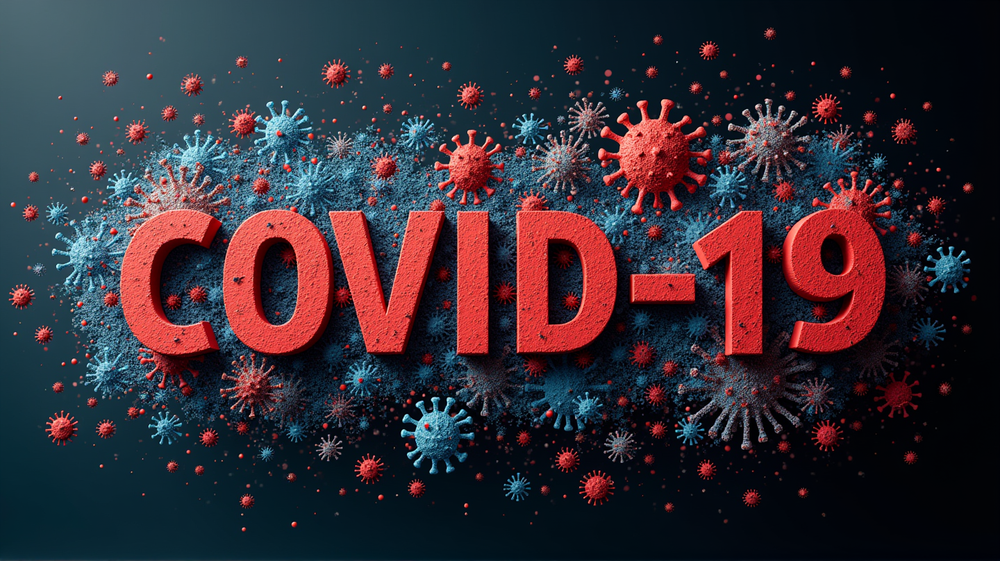Let’s embark on a journey that reveals how the words dominating our COVID-19 discourse can become powerful tools in understanding and mitigating this unparalleled global crisis. Language is a mighty vessel, and mastering its new vernacular is our first step toward resilience and clarity. As we’ve learned, words nurture our thoughts and guide our actions, fortifying us against fear and misunderstanding.
A New Lexicon Emerges
The coronavirus pandemic has catapulted terms that previously felt confined to medical journals and experts into our everyday dialogues. Phrases like “lockdown”, “quarantine”, “social distancing”, and “herd immunity” are no longer arcane. They have become our companions, shaping how we perceive and interact with the world around us. Knowing these terms equips us with the understanding necessary to protect ourselves and our communities effectively.
Understanding the Vocabulary of Viruses
In the infectious vocabulary of COVID-19, distinctions are crucial. Terms like “virus”, “infection”, and “pandemic” are all interconnected but uniquely indicative of different stages and parts of disease transmission. The word “symptom” highlights subjective experiences, while “sign” points to objective observations. As stated in Pratidin Time, fluency in these terms aids in reducing confusion and promotes informed discussions about public health measures.
The Role of Public Health Vocabulary
Terminology like “contact tracing” and “containment zone” reflect the strategic approaches employed by health authorities to manage virus spread. These words alone can inspire confidence in public health policies, reinforcing a collective responsibility to adhere to guidelines. Furthermore, “vaccination” and “immunity” remind us of our communal shield in the fight against the virus, where each inoculation is a step toward normalcy.
Introducing New Words to Everyday Life
This pandemic also ushered in hybrid words derived from blending lifestyle changes; phrases like “WFH” (work from home) and “covidiot” add a light-hearted twist to our daily challenges. These terms, albeit informal, reflect cultural shifts and attitudes evolving in real time.
Language as a Tool for Change
Our lexicon is more than just a collection of words; it’s a testament to human adaptability and resourcefulness. Clear, precise language eases the path to understanding and action—essentially flattening the curve of misinformation. Through words, we share knowledge that boosts collective resilience, emphasizing health literacy as vital for combating current and future public health threats. Let words be a beacon of truth, understanding, and empowerment as we navigate these unprecedented times.
Indeed, words hold infectious power—through them, we transmit knowledge, clarity, and hope in our endeavors to tackle even the toughest of crises.













